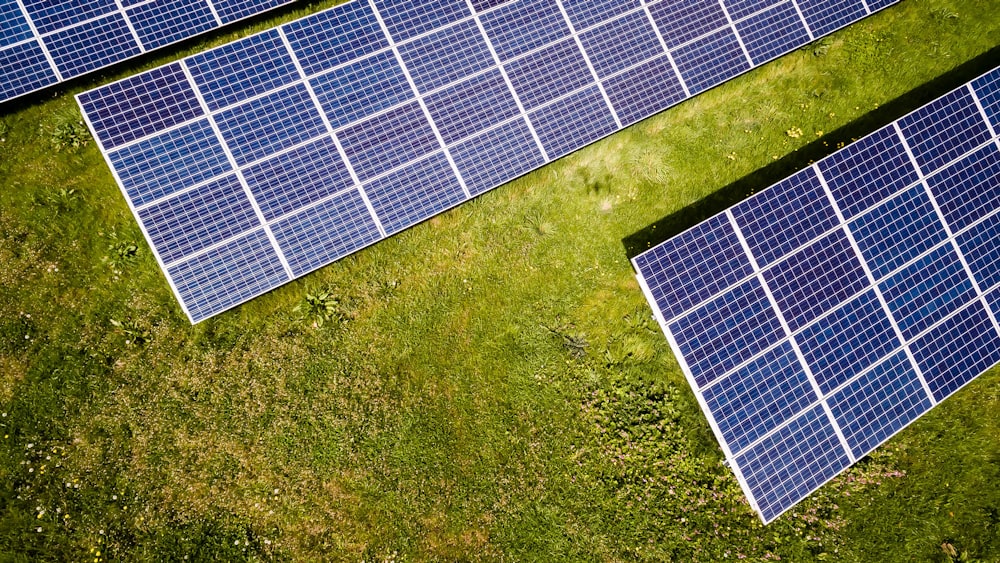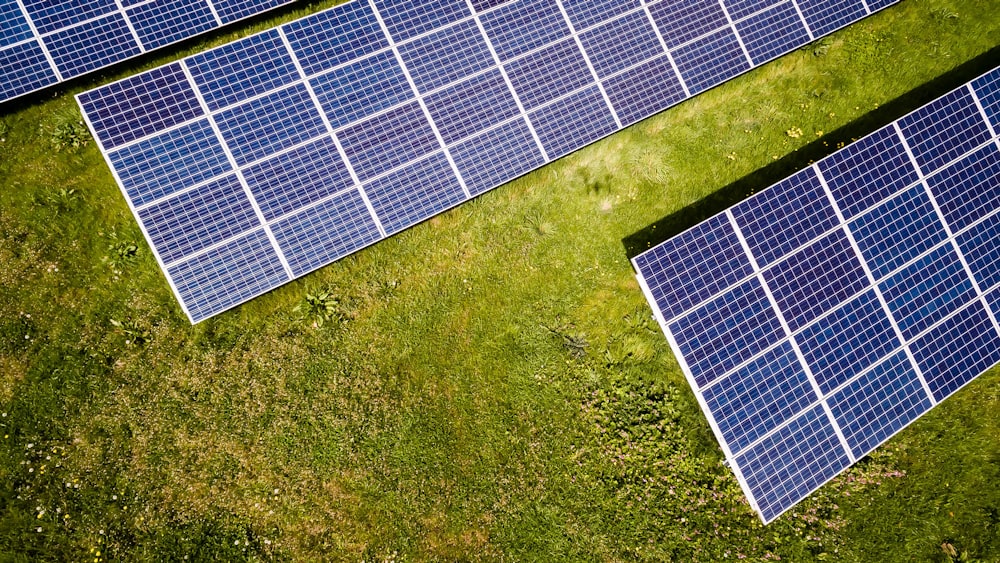
Solar Production Harnessing Sunlight for Energy
Harnessing Sunlight for Energy: Solar Production
The Rise of Solar Energy
In recent years, solar production has experienced a remarkable surge in popularity and adoption. This surge can be attributed to several factors, including advancements in technology, declining costs of solar panels, and growing environmental awareness. Solar energy, derived from sunlight, offers a clean, renewable, and abundant source of power that holds immense potential for meeting our energy needs sustainably. To explore the possibilities of solar production further, visit ShopGioia.com.
The Process of Solar Production
Solar production involves harnessing sunlight and converting it into usable electricity through the use of photovoltaic (PV) cells, commonly known as solar panels. These panels are typically installed on rooftops, solar farms, or other suitable locations where they can capture sunlight efficiently. When sunlight strikes the solar panels, it excites electrons within the PV cells, generating an electrical current. This electricity can then be used to power homes, businesses, and even entire communities.
Advantages of Solar Energy
Solar energy offers numerous advantages over traditional forms of energy. Firstly, it is abundant and inexhaustible, as sunlight is freely available in virtually unlimited quantities. Additionally, solar energy is environmentally friendly, producing zero greenhouse gas emissions during operation. Moreover, solar panels require minimal maintenance and have a long lifespan, making them a cost-effective and reliable energy solution in the long run.
Solar Production for Residential Use
One of the most significant developments in solar production is its increasing adoption among homeowners. Residential solar installations allow homeowners to generate their electricity, reducing their dependence on grid-supplied power and lowering their energy bills. Many governments and utilities also offer incentives and rebates to encourage homeowners to invest in solar energy, further driving its adoption in residential settings.
Solar Production for Commercial Use
In addition to residential applications, solar energy is also gaining traction in the commercial sector. Many businesses are investing in solar production to reduce their operating costs, enhance their sustainability efforts, and demonstrate corporate responsibility. Large-scale solar installations on commercial buildings, warehouses, and industrial facilities can significantly offset electricity expenses and contribute to a greener and more sustainable business model.
Overcoming Challenges in Solar Production
Despite its many advantages, solar production still faces some challenges that need to be addressed. One challenge is intermittency, as solar energy generation is dependent on sunlight and is therefore not constant throughout the day or during inclement weather. Energy storage solutions, such as batteries, are being developed to mitigate this issue and enable solar power to be used even when the sun isn’t shining.
Expanding Access to Solar Energy
Efforts are underway to expand access to solar energy to underserved communities and regions without reliable access to electricity. Community solar projects, where multiple participants share the benefits of a single solar installation, are becoming increasingly popular as a way to make solar energy accessible to a broader range of people. These projects empower communities to take control of their energy future and reap the benefits of clean and renewable power.
Investing in Solar Solutions
To explore solar production and find sustainable energy solutions for your home or business, visit ShopGioia.com. With a wide range of solar products and technologies available, you can take the first step towards harnessing the power of the sun and reducing your carbon footprint. Whether you’re interested in rooftop solar panels, solar water heaters, or solar-powered appliances, there’s a solar solution to suit your needs and preferences.
Conclusion
In conclusion, solar production offers a promising pathway towards a cleaner, more sustainable energy future. By harnessing the power of the sun, we can reduce our reliance on fossil fuels, mitigate climate change, and create a healthier planet for future generations. Through continued innovation, investment, and collaboration, solar energy has the potential to play a significant role in powering our world sustainably for years to come.



